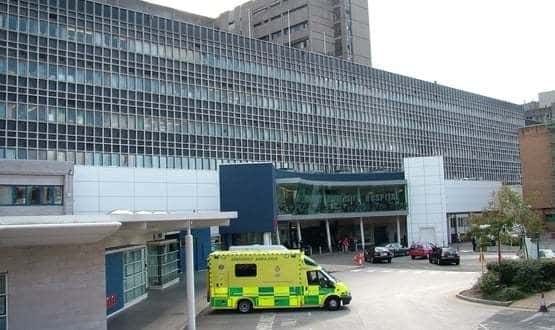Royal Liverpool leads on case management
- 30 January 2012

The Royal Liverpool and Broadgreen University Hospitals NHS Trust has gone live with what it understands to be the first case management system in the UK.
The trust has launched the Medworxx clinical utilisation management system and is already seeing reductions in the amount of time patients are staying in hospital.
The trust decided to implement the system after undertaking a bed census audit, which found that patients were often staying in hospital for longer than was necessary.
The system, which has been launched in A&E, the medical assessment unit, intensive and coronary care units and medical, surgical and rehabilitation wards, pulls a direct feed of patient information from the trust’s iPM patient administration system.
A specific case manager is then responsible for assessing the management of patients based on the information provided – which includes identifying andy factors that delay a patient’s treatment or discharge, such as delays in test results.
Deputy director of operations, Trish Armstrong-Child, told eHealth Insider the system had not only improved the flow of patients through the hospital, but also clinicians’ relationship with patients.
“From a patient and relative point of view, by having the system there’s so much more better communication with the patients and relatives.
"It isn’t about why these patients come in; it’s about identifying what is holding up their discharge, and now we can communicate that to them.”
The system was launched in November last year, and the trust is already seeing a reduction in the percentage of patients who are ready to be discharged but have been delayed.
The percentage of elective patients ready to leave had reduced from 5.4% to 4.6%, while non-electives had reduced from more than 7% to 5.8%.
The trust’s IT director, James Norman, said the figures had blown the trust’s goals ‘out of the water’.
The Medworxx system is a popular choice with hospitals in North America, where the emphasis on case management is much more significant. However, Norman said adapting it to a local situation had not caused any issues.




